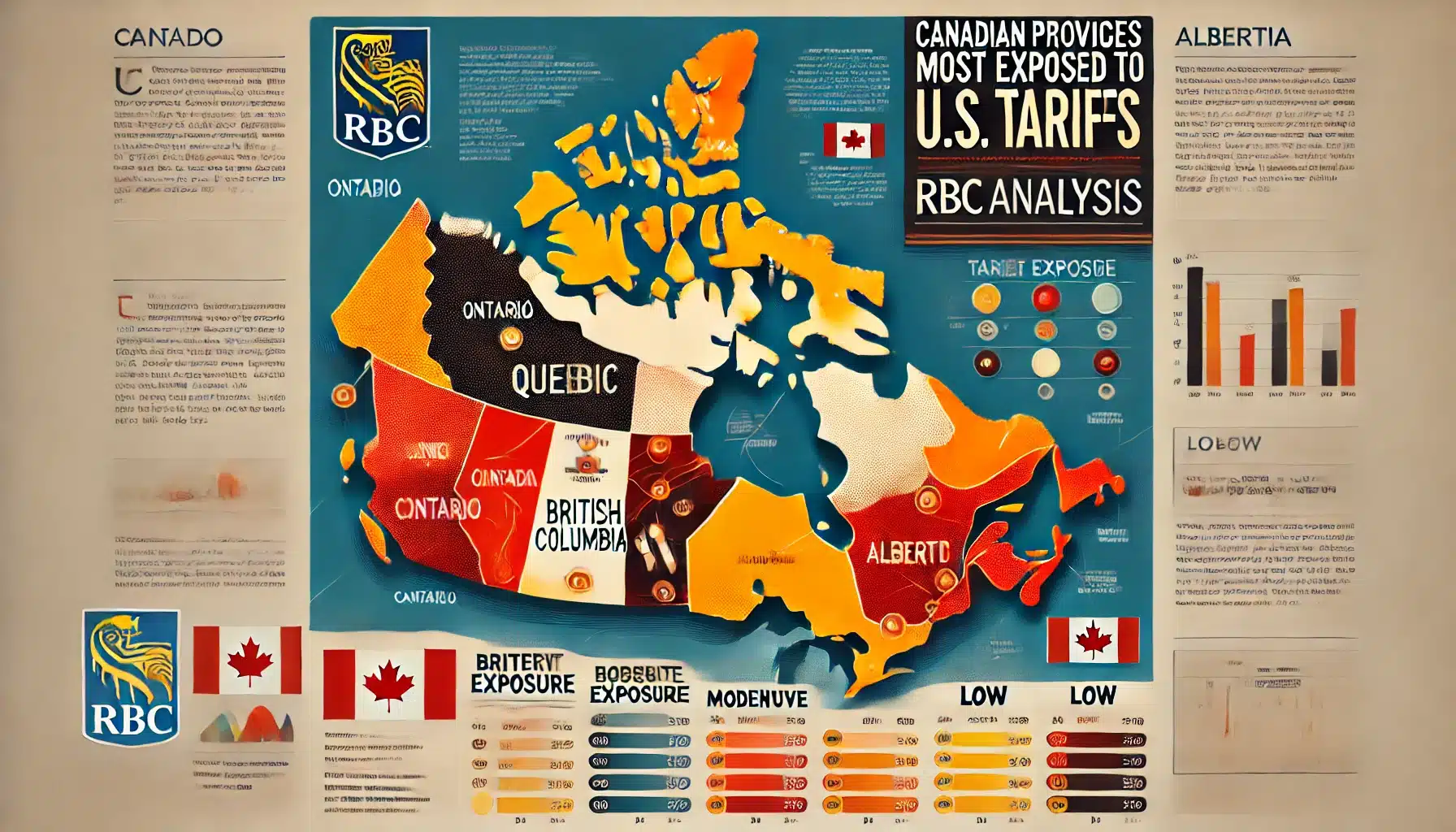

We are, by most estimates, in the very early days of Canada’s cannabis sector.
The ride to date has been a wild one, to put it mildly. The valuations of many cannabis stocks -particularly those few that have been granted Licensed Producer status by Health Canada- have gone through the roof. Are they overvalued? Undervalued?
In a recent report to clients, Canaccord Genuity analyst Neil Maruoka admitted that valuing stocks in the sector presents some unique challenges, but noted that those outfits that had already achieved Licensed Producer status would stand to benefit the most.
And Clarus Securities analyst Noel Atkinson recently noted that this “notoriously difficult” crop to grow at scale is presenting challenges to many.
Enter ABcann Medicinals. ABcann, which is set to IPO in the very near future, checks the box on both these issues. ABcann Medicinals is a Licensed Producer that has already spent years in the lab developing a standardized production practice yielding a standardized medicinal commodity worthy of pharmaceutical status.
Cantech Letter sat down with CEO Aaron Keay to talk about the science savvy and business sense behind Canada’s next cannabis IPO.
Aaron, can you tell us how ABcann Medicinals came together?
Ken Clement, the founder of ABcann Medicinals, has been in the industry previously and continued to witness patients who could not rely on a consistent product. He witnessed, first hand, patients taking the same product and the effect from one day to the next was not consistent. That became the birth and the fundamental principal of ABcann Medicinals: “to deliver consistent, standardized medicinal cannabis that the public and patients can consistently rely on”.
This space is different than most in that the process of becoming a Licensed Producer is a significant barrier to entry in and of itself. Do you think that is contributing to the current lack of supply in the market?
Absolutely, and combine that with very specific criteria for getting ‘approved’ medical cannabis into the patients hands as governed by Health Canada and you have additional barriers to entry. It’s an infant industry as it’s being rolled out, and Health Canada is taking the necessary precautions to protect the public as it continues to add new licenses, work closely with the existing ones and monitor supply and demand in the market place.
The ongoing research program has been designed to address the optimum environment control “recipe” for cannabis production including LED lighting spectrum, irrigation management based on direct measurements of plant water requirements, and the development of various options for organic growing substrates throughout plant growth phases.
There’s quite a lot of science that has gone into ABcann’s short history. Can you tell us about the work that has been done at the University of Guelph’s Controlled Environmental System Research Facility?
ABcann Medicinals and the Controlled Environment Systems Research Facility (CESRF) at the University of Guelph officially entered into a research collaboration in January of 2014 following about two years of informal discussions and consultation related to controlled environment medicinal cannabis production. The ongoing research program has been designed to address the optimum environment control “recipe” for cannabis production. This includes LED lighting spectrum, irrigation management based on direct measurements of plant water requirements, and the development of various options for organic growing substrates throughout plant growth phases. All of the experimental objectives in these three main areas of ongoing research at ABcann are evaluated on the basis of the implications for the production and quality of specific medicinal compounds (eg. THC, CBD). These studies are specifically designed to develop a standardized production practice yielding a standardized medicinal commodity worthy of pharmaceutical status.
How does ABcann’s computer-controlled environmental system reduce the cost of production?
The answer to this is two-fold. Our yield as a result of this controlled system of growing is as good as you will find in the industry. What does that mean? Our yield per square foot, based on six crops a year, ranged from 250 g/sq foot to 300 g/sq foot. The industry averages, as referenced in a couple reports now, is 60 grams on the greenhouse side, and 138 grams for the indoor growers. This is not our data, these are third party reports that we compare this against. Second, this growing system results in less water and energy, no mold or bacteria which means no pesticides costs, and significant fertilizer and electrical savings as a result.
We know from both wholesaling and retail we have premium products that are exactly what the patient population wants
You have plans for a phased rollout. Can you tell us about them? How much product do you expect to be producing and when?
Our current production calls for 1,000 kg of capacity at Van Luven, our first facility. We will complete an expansion at Van Luven imminently increasing capacity to 2,000 kg. At the same time we will commence construction at Kimmet, our second facility. Upon completion of the first four bloom rooms at Kimmet we will have 5,000 kg in additional capacity. Our next phases, which are to continue with the Kimmet construction has us adding four bloom rooms at a time, which means every four bloom rooms adds 5,000 kg of expansion. Kimmet, at 70,000 square feet, offers 20,000 kg in production. We will continue to expand from here, so long as it continues to make economic sense.
How, do you think, ABcann’s unique methods of production will translate to its margins? Do you see this as having the potential to be high margin compared to your peers?
Without question. We know from both wholesaling and from retail experience we have premium products that are exactly what the patient population wants. For that trade off, some of these products carry a higher cost per gram at the retail level, and when you factor in the yield rate we have been able to demonstrate our average cost per gram is completely on par with the industry average.
The Canadian/domestic landscape offers a tremendous opportunity and we will continue to take full advantage of this as we grow a larger, scalable state of the art facility, Kimmet.
Is ABcann’s plan to service the Canadian market only, or does the company have international ambitions?
We have international ambitions. That said, the Canadian/domestic landscape offers a tremendous opportunity and we will continue to take full advantage of this as we grow a larger, scalable state of the art facility in Kimmet. But Kimmet will be a provider for other initiatives, which could include Germany, Australia, and perhaps something with Israel. All of these things are opportunities we are more than exploring and look forward to sharing our progress in the coming weeks as the company gets started trading.
Will you have to raise more capital?
We are raising $8-million on the equity offering as we go public, and may consider another debt instrument at the same time. For now, those are only financings on the horizon.
There’s some varied experience across your management team, board, and advisory board. Can you tell us a bit about the team you have put together?
The advisory board is the work of Ken Clement and his years of work as founder of ABcann. It’s a combination of world class talents from multiple different categories. Ken has fostered many of these relationships and every single one of them has opened doors to advance ABcann. Their bios definitely speak for themselves. The company management team and board of directors was truly hand picked and brings together all of the right pieces to push forward a public company. The team being the most important part of all of this. I don’t like to single out one individual, because this entire team has an impact, whether it is from the global pharma world, to specific industry experience in the marijuana sector, or long term established capital markets work, the ABcann team, and I stress the word team, has all of the right elements built into it.
What do you hope to accomplish in the next 12 months?
We expect within 12 months to start to be among the industry leaders and regarded as best in class with other already publicly traded Canadian LPs. ABcann has the reputation already as one of the best product providers, and now the company is getting positioned to scale and expand its production capacity with the construction of a second facility. This capacity will allow ABcann to capture a piece of the market in Canada, and to capitalize on the multiple international opportunities being put in front of us. We can’t do everything at once, and we realize that the construction and development of Kimmet is extremely important to our long term success. Over this next 12 months I would expect to see add at least one international distribution license, an international supply agreement. We want to be in a position in 2018 to comfortably supply both the domestic demand and to take on some of these initiatives.
Leave a Reply
You must be logged in to post a comment.



 Share
Share Tweet
Tweet Share
Share



Comment